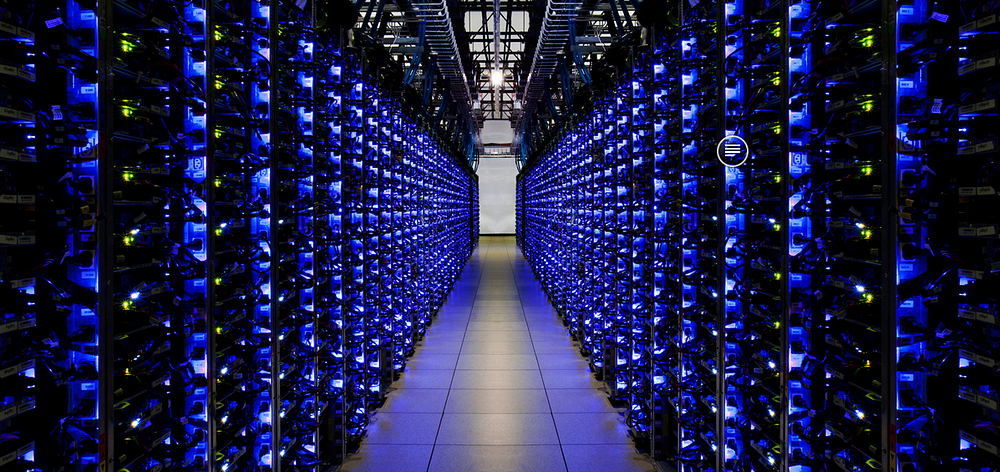The implications of our time browsing the Internet

Computer
programs can extract an extraordinary and frightening amount of data
from our web activity. Following the digital revolution and the
proliferation of digital record keeping, the information generated by
our online activity has potentially great benefit, but leaves serious
questions unanswered regarding our confidence in digital record keeping.
As
the world becomes increasingly interconnected and technological
adoption rises in emerging markets, data from online activity poses
great promise and peril. According to studies from the Pew Research Center,
there has been a significant increase in the number of internet and
smartphone users in developing nations. In 2013, across 21 emerging and
developing countries, a median of 45 percent of respondents used the
internet or owned a smartphone. In 2015, the median rose to 54 percent, with much of the increase driven by emerging economies like Malaysia, Brazil, and China.
Through machine learning algorithms, we can now make well calculated
and informed policies with previously unimaginable amount of data from
observing the activity of the newly connected. With the massive increase
in smartphone ownership among residents of developing nations,
passively collected digital data could come to replace household surveys
in assessing social and economic well-being. Information from online
data collection could thus be translated into more effective policies
and better service delivery.
Organizations
such as Google, Amazon and Apple already collect data and invest
heavily in technologies like big data, supercomputers and artificial
intelligence and can tailor information directly to users. Facebook, for
example, measures users’ links clicked, and by studying billions of
data points it can determine the type of news a user might “like” and
push that to their Facebook feed. Though this is an effective way to
personalize the web, society must consider the ethics and implications
of tailoring information, as the loss of reliable and authoritative
information sources can inflame emotions and undermine reason.
In China, the nation is experimenting with “citizen scores”,
which will rank citizens and could determine the conditions that
citizens get loans, jobs, or travel visas. People’s internet activity
and the behavior of their social contacts could potentially be
monitored. Based on different data points, a user could be categorized
over petabytes of information and millions of other users. Conceivably,
without needing any consent or active inputs by the user, computer
programs could guess preferences, estimate income, profession,
educational level, and numerous other details. Algorithms can learn to
recognize life events like pregnancies or even whether you’re thinking
of getting married. GPS location can determine exact locations, home
addresses, and commute time. Programs even have the capacity to predict
your age based on mouse movement; younger people have more precise
movements than older people.
We
begin to better understand complex relationships in the world by
applying algorithms and statistical methods to interpret the figures,
names, and other quantities of online activity data. However, all this
necessitates democratic technologies for greater transparency, trust and
systems that are compatible with democratic principles. This requires
decentralized information systems, commitments to open data strategies,
reduced distortion of information and even granting citizens the right
to get a copy of personal data collected on them.
Utilizing
information aggregated through online activity and translating it into
big data, we can quickly and intelligibly shift through millions of data
points to extract meaningful relationships in complex economies,
national systems, and human behaviors. Data gathering through online
activity and employing big data techniques can be an extremely effective
method for understanding and describing the world, yet as citizens, we
must determine the extent and limit to the data we allow to be collected
on us, how it’s collected, and who could have access to it. Policies
and regulations for which governments and private industry must abide
should be ahead of this technological change, as these algorithms are
already creeping into every aspect of our lives.











0 comments:
Post a Comment